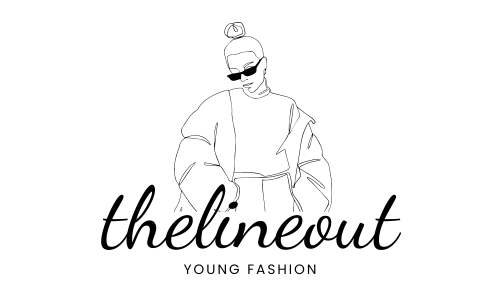Fast Fashion vs Sustainable Fashion: What Gen Z Prefers
As the world becomes more conscious of the impact of human activities on the environment, the fashion industry has also come under scrutiny. Fast fashion and sustainable fashion are two contrasting approaches to clothing production and consumption that are gaining attention, especially among young people. So, what exactly are fast fashion and sustainable fashion, and which does Gen Z prefer? Let’s delve deeper into this contemporary debate.
Fast Fashion: The Need for Speed
Fast fashion refers to the rapid production and consumption of cheap and trendy clothing items. Brands that follow this model focus on delivering new collections every few weeks, encouraging consumers to buy more, and discard quickly. As a result, garments are often produced using cheap labor, poor working conditions, and low-quality materials. The consequences are devastating for both the environment and the people involved in the production process.
Sustainable Fashion: A Responsible Choice
Sustainable fashion, on the other hand, aims to reduce the social and environmental impact of clothing production. It encompasses various practices, such as using organic or recycled fabrics, promoting fair trade, and ensuring ethical labor standards. Sustainable fashion brands prioritize durability, quality, and timeless designs over quick turnover and trends. They encourage consumers to invest in fewer, higher-quality pieces that will last longer, ultimately reducing waste and promoting a more circular economy.
Gen Z’s Preference for Sustainable Fashion
Gen Z, often referred to as digital natives and the most environmentally-conscious generation yet, has shown a clear preference for sustainable fashion over fast fashion. Here’s why:
1. Ethical and Environmental Awareness:
Gen Z has grown up in a hyperconnected world, where information about environmental and social issues is readily accessible. They are passionate about making a difference and demanding change from industries that contribute to environmental degradation. Sustainable fashion aligns with their values of ethical responsibility and reducing their carbon footprint.
2. Individual Expression and Authenticity:
While fast fashion offers cheap and disposable trends, sustainable fashion appeals to Gen Z’s desire for self-expression and uniqueness. They value individuality and are more likely to seek out clothing that reflects their personal style rather than following generic trends. Sustainable fashion offers a diverse range of designs, emphasizing quality and craftsmanship, providing young people with the opportunity to stand out in a crowd.
Moreover, sustainable fashion often embraces inclusivity by offering extended size ranges and celebrating diverse body types, which resonates with Gen Z’s call for body positivity and representation.
In summary, Gen Z’s preference for sustainable fashion stems from their desire to protect the planet, promote equitable labor practices, and express their individuality in an authentic way. As consumers, they are using their purchasing power to drive change in the fashion industry and hold brands accountable.
However, it is important to note that not all young people have the access or financial means to exclusively support sustainable fashion brands. Therefore, efforts should be made to make sustainable fashion more affordable and accessible to individuals from all socio-economic backgrounds.
Key Points:
– Fast fashion focuses on producing cheap and trendy clothing, while sustainable fashion emphasizes ethical and eco-friendly practices.
– Gen Z prefers sustainable fashion due to their ethical and environmental awareness.
– Individual expression and unique styles are important to Gen Z, which aligns with sustainable fashion’s emphasis on craftsmanship and quality.
– Efforts should be made to make sustainable fashion more affordable and accessible to a wider audience.
Remember, the fashion choices we make today will shape the industry’s future. By opting for sustainable fashion, Gen Z is paving the way for a more responsible and conscious approach to clothing consumption.
